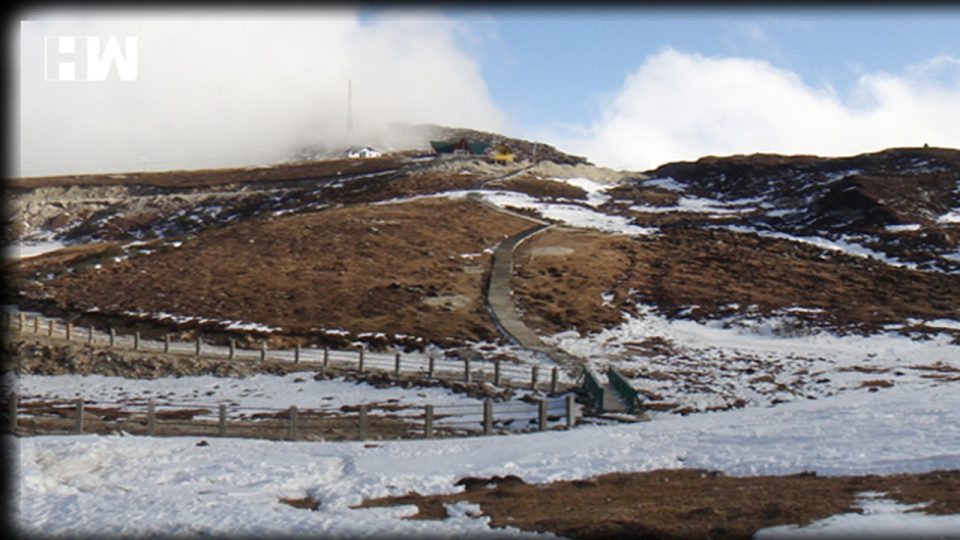CFM said the China-Bhutan boundary has never been delimited and there “have been disputes over the eastern, central and western sections for a long time”
NEW DELHI| The Chinese government’s decision for the first time to publicly put on record that it has a boundary dispute with Bhutan in the eastern sector is a calibrated manner of launching a diplomatic attack on Thimphu’s ally India on a new front.
The key could be the proximity of Bhutan’s “eastern sector” to Arunachal Pradesh which China claims in its entirety as part of “South Tibet”. It could be the primary reason for Beijing to talk about differing boundary perceptions with Bhutan now.
First at a multilateral environment forum in June, where India was present, and then given a statement to HT, the Chinese foreign ministry has said it has a border dispute with Bhutan in the eastern sector, surprising many who are following developments in the region.
Besides multiplying pressure on New Delhi during the ongoing, and most serious border tension with India in decades, it is also a ploy by China to simultaneously internationalise an issue it has seldom done before the boundary problem with its tiny neighbour.
Though China might not have said it publicly, it’s not surprising if Beijing was opposed to the India-Bhutan boundary delimitation agreement, which was signed in 2006 more so because of Bhutan’s borders with Arunachal Pradesh.
In a statement issued to Hindustan Times last week, Chinese foreign ministry said the China-Bhutan boundary has never been delimited and there “have been disputes over the eastern, central and western sections for a long time”. The statement in Mandarin further said “a third party should not point fingers” in the China-Bhutan border issue an apparent reference to India.
A New-Delhi based Asia expert said on condition of anonymity, “You got to see the Chinese claims in continuation to their strategy of territorial claims elsewhere”. China’s state-controlled media and Chinese academics consistently blame India for Beijing-Thimphu not having diplomatic ties.
“As far as I know, the China-Bhutan boundary issue was almost resolved 20 years ago. The two sides have a common understanding of how to sign the final agreement. But for Bhutan, it is difficult because of the India factor. That is the same reason why China and Bhutan have not signed the agreement,” Lin Minwang, assistant dean at the Institute of International Studies at Shanghai’s Fudan University said.
As an independent media platform, we do not take advertisements from governments and corporate houses. It is you, our readers, who have supported us on our journey to do honest and unbiased journalism. Please contribute, so that we can continue to do the same in future.

